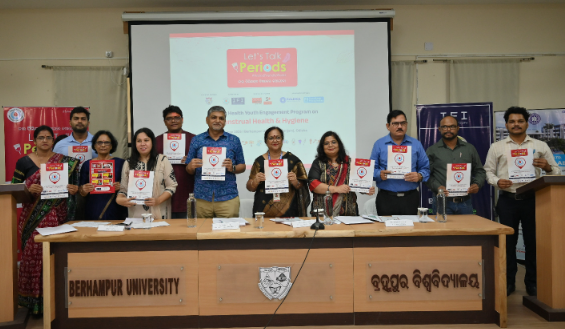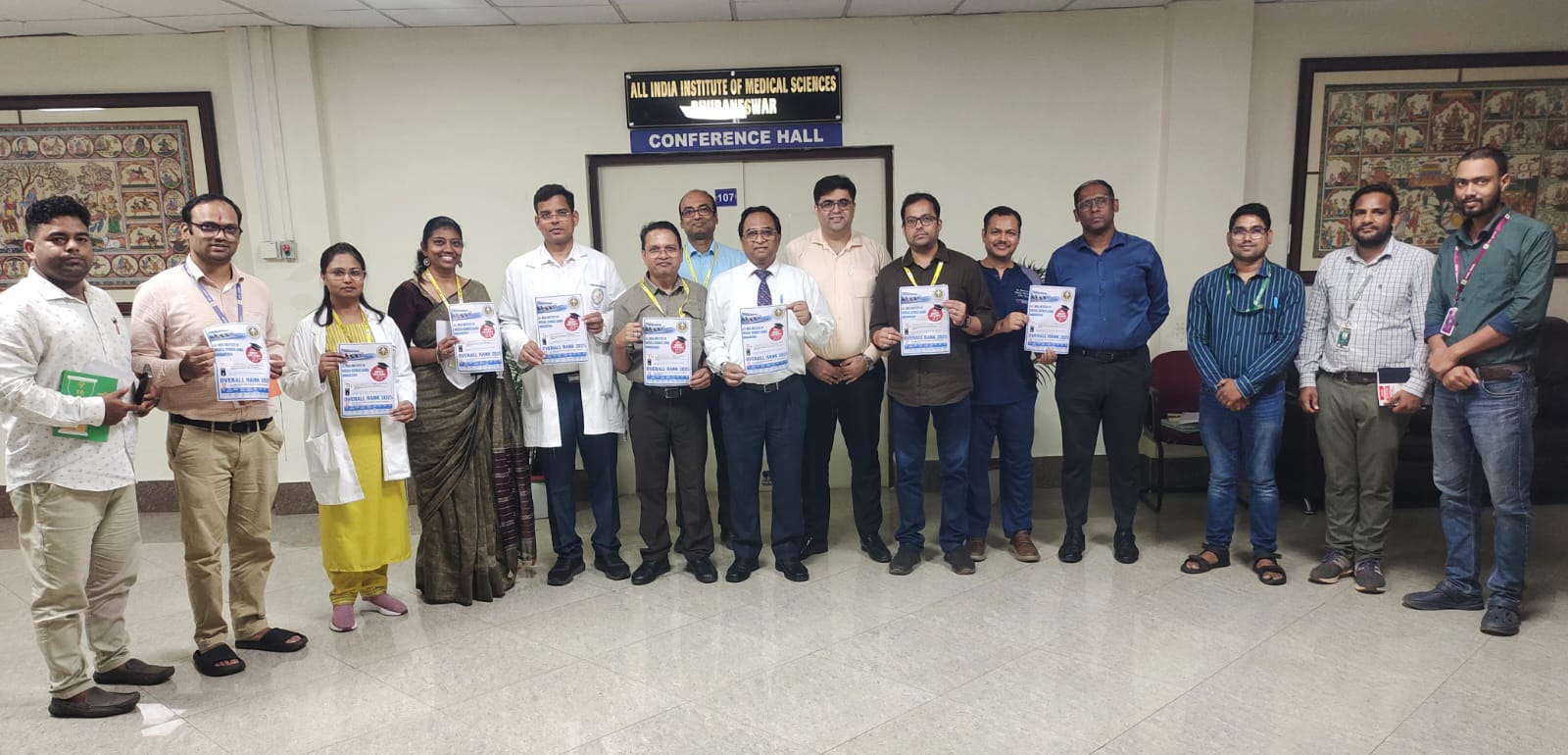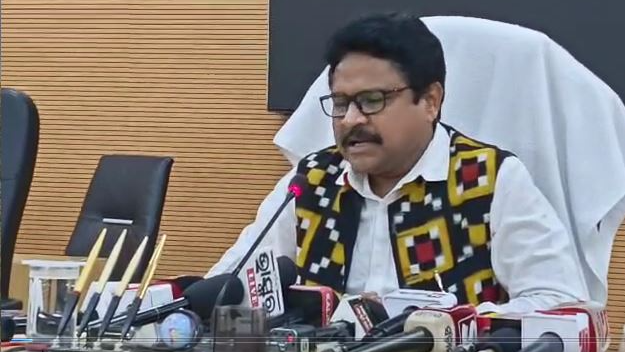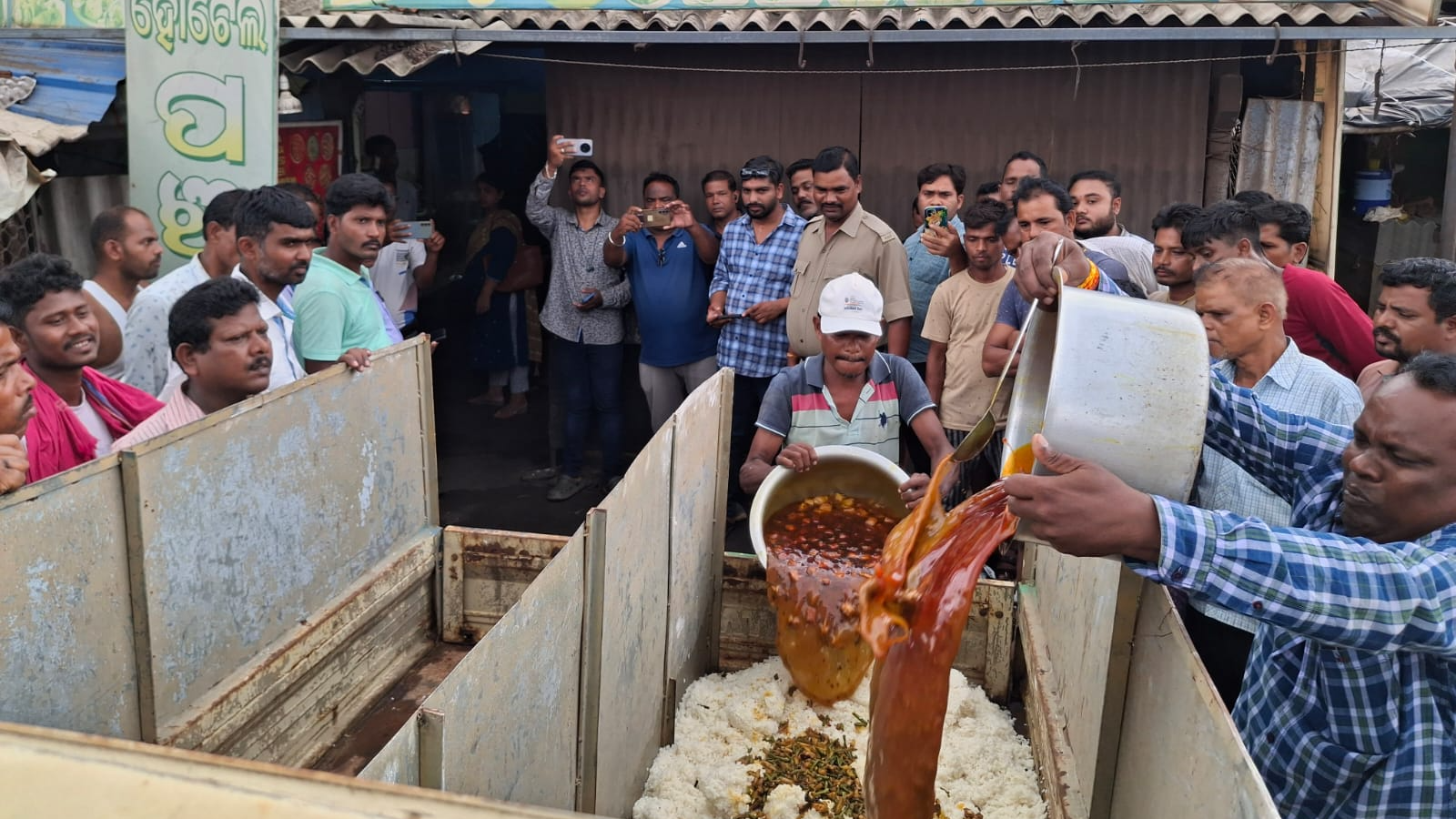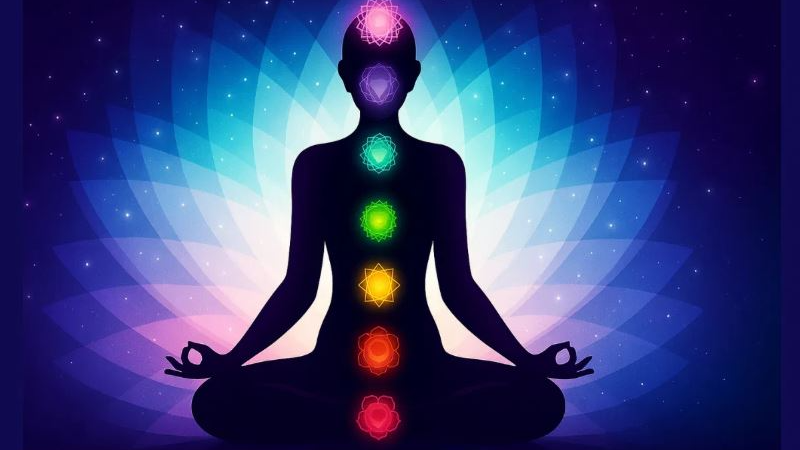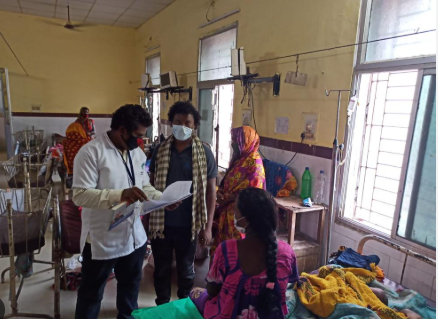World Organ Donation Day, Organ donors make better lives

Today is World Organ Donation Day, the day provides an opportunity to speak out and commit to donating their organs after death, which will save the lives of various people. There are myths and fears in people's minds about organ donation due to lack of information. About organ donation Organ donation is the taking of donor organs such as heart, liver, kidneys, intestines, lungs and pancreas after the donor dies and then transplanting them to someone who needs organs. Or we can say that organ donation is the practice of removing human organs from a living or dead person known as a donor and then transplanting them into the recipient. We inform you that the recipients are organ failure patients who cannot survive without organ replacement. Therefore the process of organ repair is called extraction. Types of Organ Donors There are two types of organ donors: living donors and deceased donors Live donors: Healthy people who are willing to donate their organs. Generally, living donors are over the age of 18 and have undergone several mental and physical health checks. This is done to ensure that people wishing to donate organs understand the risks and consequences that donations can bring in the future. The rules for living organ donation vary slightly from country to country. Dead donor: A deceased person who has expressed a desire to donate his or her organs. Some people apply to become deceased donors, but only a few qualify. Donors who die must be brain dead. List of organs that can be donated The following organs can be donated by a person after death and during his life: 1. Kidney: A deceased donor can donate both kidneys. The average life expectancy of a kidney transplant is about nine years, but it can vary from person to person. The kidneys are the organ most frequently donated and the need for them is greatest. A living donor can easily donate their kidney to someone in need, and the kidney will work fine for the rest of their life. 2. Liver: The function of the liver is to produce and excrete bile and is an important organ. Other functions of the liver are excretion of bilirubin, cholesterol, hormones and drugs, metabolism of fats, proteins and carbohydrates, activation of enzymes, storage of glycogen, vitamins and minerals, synthesis of plasma proteins, detoxification and purification of blood. In the human body, the liver is the only organ where cells can grow and regenerate. 3. Heart: The heart pumps blood throughout the human body and is a muscular organ. If the heart is donated by a donor after collection, the heart can only last 4-6 hours. 4. Pancreas: Pancreas can be transplanted from a deceased donor to a sick patient. In fact, living donors can also donate part of their pancreas and keep the pancreas functioning properly. 5. Lungs: A deceased donor can perform a single or multiple lung transplant. And a living donor can donate a part of his lung, but it doesn't regenerate. 6. Intestines: A donor can donate his intestines after death. Very rarely, a living donor can donate a portion of the intestine. In addition to tissue organs, corneas, skin, bones, ligaments, heart valves and others can also be donated. Without a doubt, every organ donation is a gift of life to those in need. As discussed above, healthy people can donate certain organs or parts of organs such as a kidney or part of the liver or lungs, as well as tissue, blood, and bone marrow. However, most organs come from deceased donors. It is said that a deceased donor can save up to eight lives because up to 8 life-saving organs can be donated: 1 heart, 2 lungs, 1 liver, 1 pancreas, 2 kidneys and intestines.
Latest News

Honeymoon Murder Case: Assam Police summon New...

VHP files pleas in Calcutta HC against Jaganna...

Odisha RD & PR Minister RN Naik meets RD Secy...
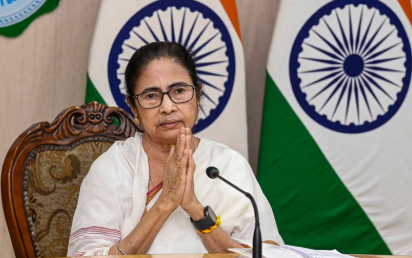
Mamata Banerjee urges Amit Shah to act against...

A Feast of Faith: Inside the Monumental Kitche...

Massive wealth unearthed in vigilance raid on...

Union Minister Pradhan visits homeland: Pays o...
Copyright © 2024 - Summa Real Media Private Limited. All Rights Reserved.










